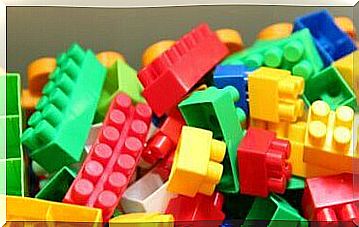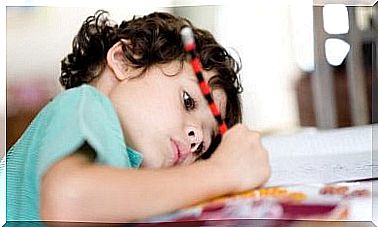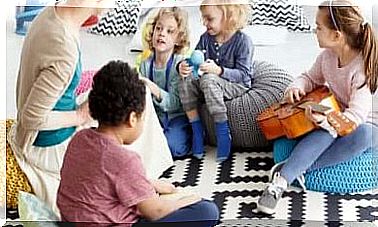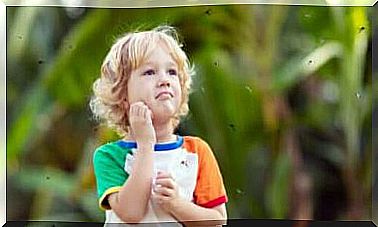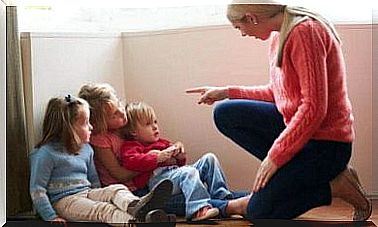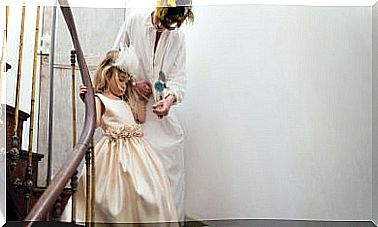Everything We Publish On The Internet Stays On The Internet – Being Parents

What we post on the Internet is not that easily deleted. If the content of our children, brothers or grandchildren goes viral, it will be with you for the rest of your life. Cyber-harassment and pedophilia can be promoted by our publications.
You don’t have to go to extremes to understand the consequences of our digital actions. Nowadays, we know that anything we load into cyberspace can be backed up to an unlimited extent. No matter how hard we try, we can never eliminate it completely.
For these reasons, we need to pay close attention to what we and our children post. We need to think twice before sharing anything for as much as it seems appropriate.
Overexposure and cyber-harassment
The so-called cyber-harassment can start between 10 and 12 years old. Most children connect to the Internet using devices to send photos, not to mention content that adult family members download. Personal images are content subject to cyber-harassment.
A funny, inappropriate, or poorly captured image can be the start of digital abuse. Other kids can save the photo and repost it, post offensive comments, and even edit it. It is something very common these days in social networks.
The consequence of these chain posts is that this content can be massified. You only need one page, Facebook group, or profile to make any content go viral on the internet. The results can be traumatic for the affected child or youth.

Posting photos on the internet can be a risk
The current dynamic in social networks tends to exalt the funny, irony and sarcasm. Our own interactions are usually to point out the details or laugh at a post. In the wrong hands, any content about our children can be the instrument of their humiliation.
Parents should be the primary censors of children’s and family publications. It’s not hard to see if any content can become offensive, but any image is editable.
Added to this, many parents who post photos in which the little ones appear but are unaware of the privacy settings. The result: photos and videos of children can be viewed and used by anyone in the world.
The Sam Griner effect
Maybe this name isn’t very well known, but Sam is a kid we’ve all seen on the net. His photo with a raised fist and a green shirt has been seen by millions of users around the world. This image has become what we now call “meme”.
It all happened because her mom posted the popular photo on her profile in 2007. Today we all know this image and have been using it for some time. What we often ignore is that it is a photograph of a real person.
This experience that we have seen, that of Sam Griner, can be repeated with any photo that we post. It only requires an influencer on Facebook or Instagram to take the photo and share it. There are some very popular users who are dedicated to doing this sort of thing.
What kind of photos should we avoid?
- Close-up photos: it is not correct to display photos where the child appears making faces, special gestures. Strong gestures are the main source of memes and funny pictures on the internet.
- Pictures with nudity: Even though our baby is a baby, posting these kinds of pictures is dangerous. We must remember that there are users and pages devoted to pedophilia and child pornography.
- Images with suggestive poses: this is especially applicable for young people. In the network there are wide spaces for high content of tone; what looks like an innocent pose can turn into viral content.
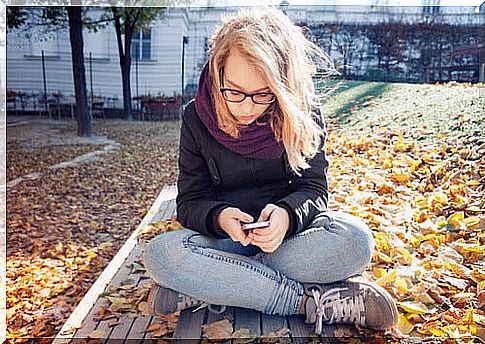
Two recommendations to protect what we publish on the network
The habit of maintaining a private profile is a good way to protect our children’s data. On Facebook there is a configuration so that only our friends can see our posts. Twitter and Instagram, on the other hand, allow us to control who enters our profiles.
We need to control the “tags” we give to family and friends. Once a piece of content is “tagged” it can be seen by other people we don’t even know. We advise your relatives to inform you before posting your children’s content.
In summary, being careful with what we post on the web is necessary to protect the emotional well-being and privacy of our children. This recommendation applies to little ones, but also to parents of teenagers.

